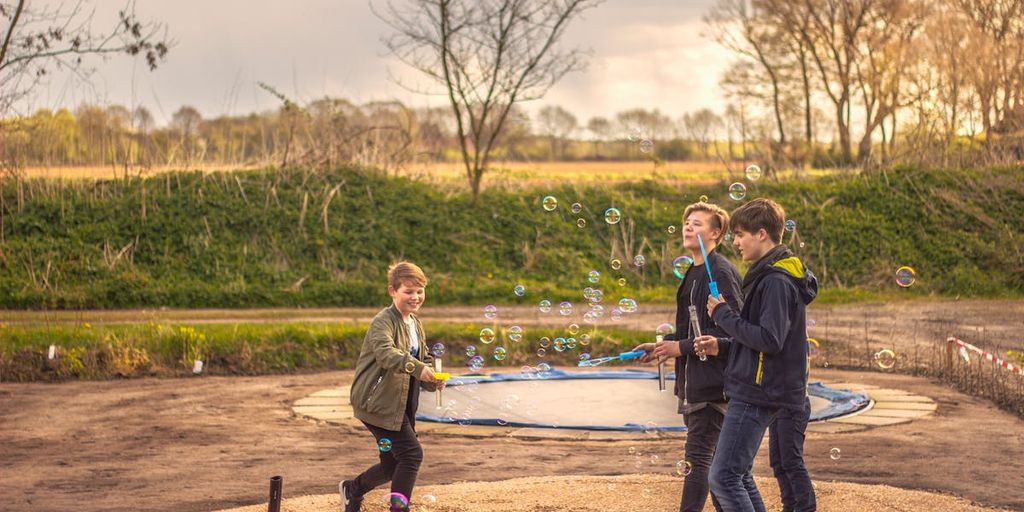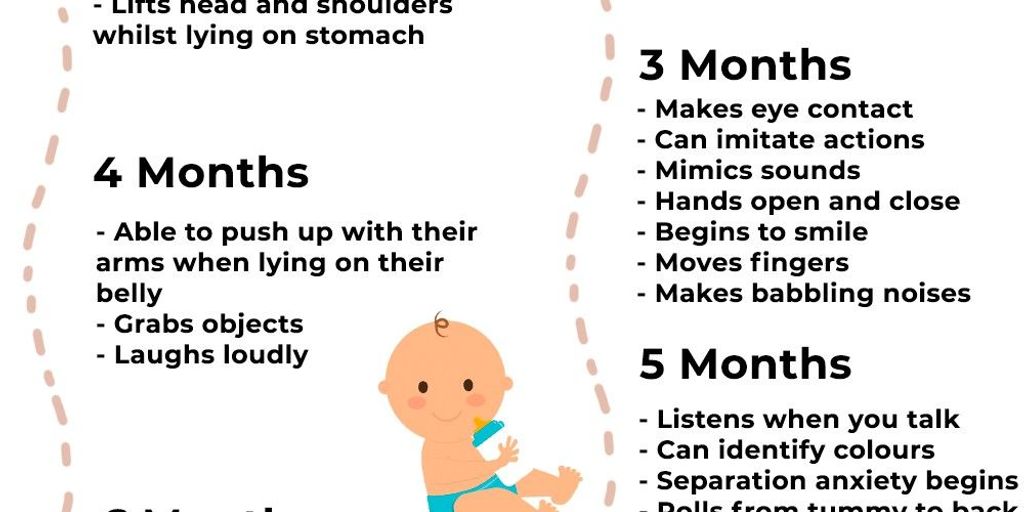
Parenthood is a journey filled with joy, challenges, and endless learning opportunities. Every parent strives to raise happy, confident, and well-adjusted children. One approach that has gained significant attention and admiration in recent years is Positive Parenting Techniques. In this article, we will explore the principles and benefits of positive parenting, offering practical tips and insights to help you foster a nurturing environment that promotes emotional intelligence, strengthens parent-child relationships, and encourages responsible behavior.
Key Takeaways
- Understanding the core principles of positive parenting is essential for building trust, encouraging open communication, and modeling respectful behavior.
- Effective communication strategies, such as active listening and conflict resolution skills, are crucial for positive parenting.
- Fostering emotional intelligence in children involves recognizing and naming emotions, teaching empathy, and managing stress.
- Discipline through positive reinforcement, including setting clear expectations and using praise, helps in guiding children’s behavior constructively.
- Creating a nurturing home environment with routines, a growth mindset, and opportunities for play and creativity supports overall child development.
Understanding the Core Principles of Positive Parenting
Positive parenting is rooted in the belief that children thrive in an environment that is nurturing, supportive, and respectful. It focuses on building a strong bond between parent and child, which is essential for a child’s emotional and psychological development. Positive parenting also emphasizes the importance of understanding and empathizing with a child’s feelings and needs, rather than resorting to punitive or authoritarian methods of discipline. This approach recognizes that children are individuals with unique needs and perspectives.
Building Trust and Security
Creating a foundation of trust and security is crucial in positive parenting. When children feel safe and secure, they are more likely to explore their environment and develop confidence. Establishing a consistent routine and being reliable helps in building this trust.
Encouraging Open Communication
Open communication is a cornerstone of positive parenting. It involves actively listening to your child and encouraging them to express their thoughts and feelings. This not only helps in understanding their needs but also fosters a sense of belonging and significance.
Modeling Respectful Behavior
Children learn by observing their parents. By modeling respectful behavior, parents teach their children how to interact with others in a kind and considerate manner. This includes using polite language, showing empathy, and resolving conflicts peacefully.
Positive parenting is not just a technique but a way of life that nurtures happy and confident kids.
Effective Communication Strategies for Positive Parenting
Effective communication is the cornerstone of any healthy relationship, including the one between parents and children. Positive parenting emphasizes active listening and empathetic communication. By genuinely understanding a child’s emotions and thoughts, parents can build a stronger connection and resolve conflicts more effectively.
Active Listening Techniques
Active listening is a fundamental skill in positive parenting. It involves fully focusing on the child, understanding their message, and responding thoughtfully. Active listening helps in building trust and makes the child feel valued. Here are some techniques:
- Maintain eye contact to show attentiveness.
- Nod or use verbal affirmations like "I see" or "Go on" to encourage them to continue.
- Reflect back what the child has said to ensure understanding.
Non-Verbal Communication
Non-verbal cues play a significant role in communication. They can often convey more than words. Parents should be mindful of their body language, facial expressions, and tone of voice. Positive non-verbal communication can reinforce the message of love and support.
Conflict Resolution Skills
Conflicts are inevitable, but how they are handled can make a big difference. Effective conflict resolution involves staying calm, listening to all sides, and finding a mutually acceptable solution. This not only resolves the immediate issue but also teaches children valuable problem-solving skills.
Practicing effective communication strategies like active listening, setting clear boundaries, and using effective language help you build strong, open, and meaningful connections with your kids.
Fostering Emotional Intelligence in Children
Recognizing and Naming Emotions
Promote emotional intelligence by integrating it into everyday activities. Encourage children to identify their own emotions and express them using words. This helps them understand their feelings better and fosters a healthy emotional vocabulary.
Teaching Empathy and Compassion
Use everyday situations as teaching opportunities to identify and discuss different emotions. Encourage your child to express how they’re feeling and validate their emotions. This practice helps them develop empathy and compassion for others.
Managing Stress and Anxiety
Help kids handle feelings productively by being their coach and guide. Teach them techniques to manage stress and anxiety, such as deep breathing, mindfulness, and positive self-talk. These skills will equip them to cope with life’s challenges more effectively.
Discipline Through Positive Reinforcement

Positive reinforcement is a cornerstone of positive parenting, focusing on encouraging good behavior by highlighting the positive aspects of a child’s actions. This approach not only helps in shaping behavior but also reframes missteps as opportunities for growth and learning.
Setting Clear Expectations
Establishing clear and consistent expectations is crucial for children to understand what is expected of them. When children know the boundaries, they are more likely to stay within them. Clear expectations provide a framework within which children can operate confidently.
Using Praise and Rewards
Positive reinforcement often involves using praise and rewards to acknowledge good behavior. This can be as simple as verbal praise or more tangible rewards like stickers or extra playtime. The key is to ensure that the praise is specific and genuine, reinforcing the behavior you want to see more of.
Constructive Feedback and Redirection
When children do make mistakes, it’s important to provide constructive feedback rather than punishment. This involves explaining what went wrong and how they can improve. Redirection is also a valuable tool, guiding children towards more appropriate behavior without making them feel ashamed or discouraged.
Positive reinforcement is a type of positive discipline that aims to shape behavior by focusing on the positive while reframing missteps as opportunities for growth and learning.
Creating a Nurturing Home Environment
Creating a nurturing home environment is essential for fostering your child’s overall development and well-being. Positive parenting focuses on creating a supportive atmosphere where children feel safe, valued, and understood. This section will explore key strategies to help you establish such an environment.
Building Strong Parent-Child Relationships
Building a strong parent-child relationship is essential for nurturing happy and confident kids. The key part of being a parent is building a lasting bond based on love, trust, and respect. Childhood relationships stay with us throughout our lives, influencing our future interactions and emotional well-being.
Quality Time and Bonding Activities
Spending quality time together is crucial for developing a strong bond. Engage in activities that both you and your child enjoy, such as playing games, reading books, or going for walks. This not only strengthens your relationship but also creates lasting memories.
Developing Mutual Respect
Mutual respect is the foundation of a healthy parent-child relationship. Listen to your child’s opinions and feelings, and show them that their thoughts are valued. This encourages open communication and helps build trust.
Supporting Independence and Autonomy
Encouraging your child’s independence is vital for their growth and confidence. Allow them to make choices and take on responsibilities appropriate for their age. This fosters a sense of autonomy and helps them develop problem-solving skills.
A strong parent-child bond is built on consistent, positive interactions and mutual respect. By investing time and effort into your relationship, you can create a supportive and loving environment for your child to thrive.
Overcoming Common Parenting Challenges with Positive Techniques
Handling Tantrums and Meltdowns
When your child is having a tantrum, it’s crucial to stay calm. Responding calmly in the moment can help de-escalate the situation. Consider standing your ground, even if your child is upset. Wait until your child calms down to talk. Praise them for regaining control.
Dealing with Sibling Rivalry
Sibling rivalry is a common issue in many households. Acknowledge how your child is feeling, including difficult emotions. Encourage open communication between siblings and teach them to express their feelings constructively. Supporting each child individually can also help reduce rivalry.
Navigating Screen Time and Technology
Managing screen time can be challenging in today’s digital age. Set clear expectations and consistent boundaries around technology use. Encourage alternative activities that promote physical and mental well-being. Use positive reinforcement to reward balanced screen time habits.
Staying committed to the principles of positive parenting can yield long-term rewards, even when faced with challenges.
Conclusion
In "The Ultimate Guide to Positive Parenting: Nurturing Happy and Confident Kids," we have explored a multitude of strategies and insights aimed at fostering a nurturing and supportive environment for children. By embracing the principles of positive parenting, parents can build stronger relationships with their children, nurture their self-esteem, and promote their overall well-being. The techniques discussed, from effective communication to setting clear boundaries, are designed to empower parents to raise happy, confident, and responsible children. Remember, the journey of parenthood is filled with challenges and joys, and with the right approach, you can create a loving and positive atmosphere that will help your children thrive. Whether you are a new parent or a seasoned one, the practical advice and real-life examples provided in this guide will serve as a valuable resource in your parenting journey.
Frequently Asked Questions
What is positive parenting?
Positive parenting is an approach that focuses on building a healthy parent-child relationship through mutual respect, effective communication, and positive reinforcement. It aims to raise happy, confident, and well-adjusted children by fostering emotional intelligence and providing a nurturing environment.
How does positive parenting differ from traditional parenting?
Unlike traditional parenting, which often relies on punishment and authoritative control, positive parenting emphasizes understanding, empathy, and positive reinforcement. It focuses on guiding rather than controlling children, encouraging them to develop self-discipline and emotional intelligence.
What are some effective communication strategies in positive parenting?
Effective communication strategies in positive parenting include active listening, non-verbal communication, and conflict resolution skills. These techniques help parents understand their children’s needs and emotions, fostering a more open and trusting relationship.
How can I foster emotional intelligence in my child?
You can foster emotional intelligence in your child by recognizing and naming emotions, teaching empathy and compassion, and helping them manage stress and anxiety. Encouraging open discussions about feelings and modeling emotionally intelligent behavior are also crucial.
What role does positive reinforcement play in discipline?
Positive reinforcement plays a significant role in discipline by focusing on rewarding good behavior rather than punishing bad behavior. This approach helps children understand the consequences of their actions and encourages them to repeat positive behaviors, leading to long-term behavioral improvements.
How can I create a nurturing home environment?
Creating a nurturing home environment involves establishing routines and consistency, promoting a growth mindset, and encouraging play and creativity. These elements help children feel secure and supported, fostering their overall development and well-being.






